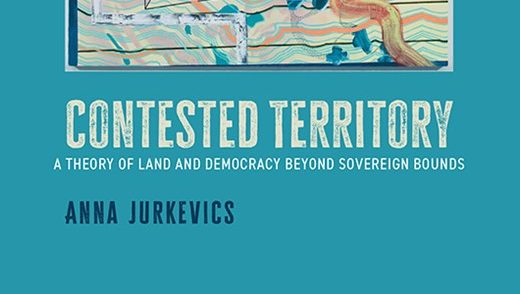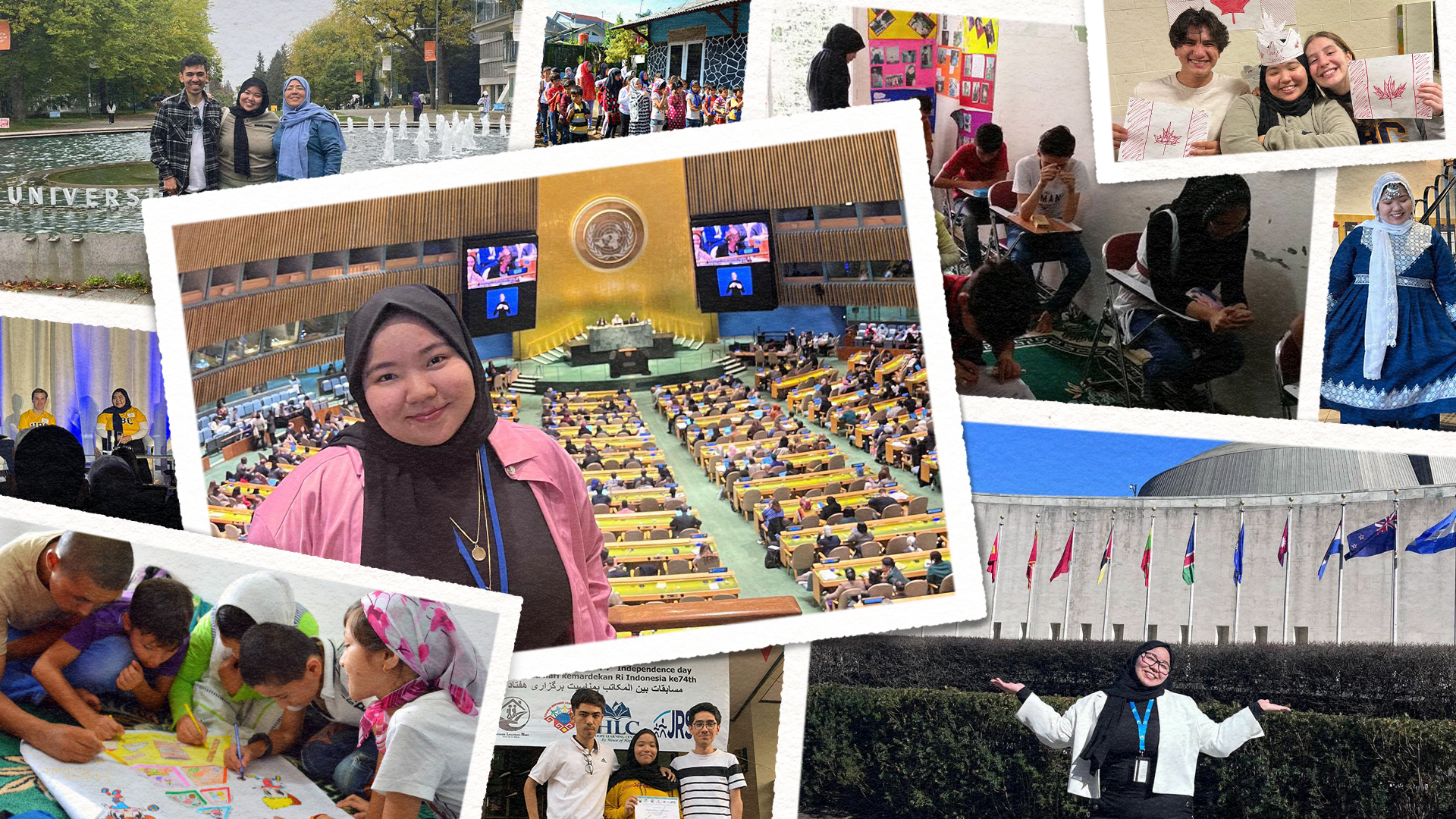2020’s toughest curveballs cannot stop UBC Political Science Professor Emeritus and poet Philip Resnick. This year, he published his new memoir, Itineraries, but not even a global pandemic can put his muse to rest.
Resnick recently published a set of poems in Inroads about life during COVID-19. Written between February and June of this year, his Pandemic Poems are some of his strongest work with an insightful understanding of history and time.
Below read one of Resnick’s poems as well as a Q&A about his latest work.
The Lucky Generation (originally published in Inroads)
We called ourselves the lucky generation,
in many ways we were,
spared the wars, the dole,
the diseases, the back-breaking toil,
that has been our predecessors’ lot
and that of the myriads who had come before them.
There was comfort in knowing we could choose
which college to enrol in,
which profession we might enter,
what city or country to put roots down in,
where we might holiday winter or summer
or retire to when our working lives were over.
There were passing clouds in the sky,
Islamic disruptions here and there,
the occasional economic downturn,
hints of glaciers melting or sea levels rising,
but for the large part problems
the millennials and their offspring would have to bear.
And suddenly we learned how quickly the script could be rewritten,
carefully constructed stage sets taken down,
the myths of exponential growth,
globalization as some kind of magic key,
affluence as a guarantee of personal immunity,
reduced to tatters.
The old Greek precept which Solon had first uttered
had stood the test of time:
“Do not count yourself fortunate until your final day.”
April 4
![]() 1) The first of these poems is dated February 28 and the last on June 2. Where did things change for you going through the process of writing the first poem to the last one?
1) The first of these poems is dated February 28 and the last on June 2. Where did things change for you going through the process of writing the first poem to the last one?
When the pandemic and lockdown first hit, it resembled one of those apocalyptical events one reads about but rarely expects to live through oneself. As the months have rolled on, one becomes aware that the pandemic isn’t going away any time soon and that it has become part of a new normality whose full implications we have yet to decipher.
2) Many of these poems include reflections of pandemics and plagues from previous eras of human history, what do these previous pandemics teach us about COVID-19?
There has always been a strong historical bent to my research and writing as a political scientist. That same sense of the past filters into my pandemic poetry. Not because COVID-19 is a carbon paper copy of any earlier plague. But it is important to recognize that plagues have on more than one occasion had devastating consequences for societies, and that despite our advanced technology and medical breakthroughs we are not immune from their effects.
3) There is also a notable focus on apocalyptic themes, how do plagues contribute to eschatological writing? Is there anything that makes COVID-19 different or unique in this respect?
To be fair, COVID-19 is less likely to foreshadow the end of time than some earlier plagues seemed to do. The plague of Justinian helped bring about the fall of the Roman empire, the Bubonic plague in the 14th century wiped out a significant proportion of Europe’s population, TB brought by the Spanish and other Europeans wiped out large numbers of the New World’s Indigenous population. But what is apocalyptical about COVID-19, a bit like the Spanish flu of 1918-19, is that it is truly global in scale – no corner of the globe is exempt.
4) The poems also make reference to the “lucky generation,” “millennials,” and “children of globalization.” Can you elaborate on the different experiences of COVID-19 to people in different generations? How do you feel they are different or similar?
My poem “The Lucky Generation” refers specifically to those like me who were born towards the end of World War II and in the decade that followed – the so-called baby boomers. Collectively, we have had it pretty good, though COVID-19 reminds us that, even towards the end of our lives, we are not exempt from fortune’s hammer blows. For the millennials and what I am now tempted to call the pandemonials, this is a warning that the trajectory of history is not always onwards and upwards and that major challenges face them as the 21st century unfolds.
5) If you were going to write another poem since June 2, what would you focus on the events of the past month?
To be honest, my most recent poetry-writing has not involved chasing the headlines so much as re-immersing myself in what some of my favourite poets have had to say – Dante in his travels through the Inferno and Purgatory, Borges with his labyrinthian themes, and Lorca, the great Spanish poet who was killed at the beginning of the Spanish Civil War, with his acute sense for the fragility of the human condition.
Read Philip Resnick’s poems in Inroads here.
More about Philip Resnick.


